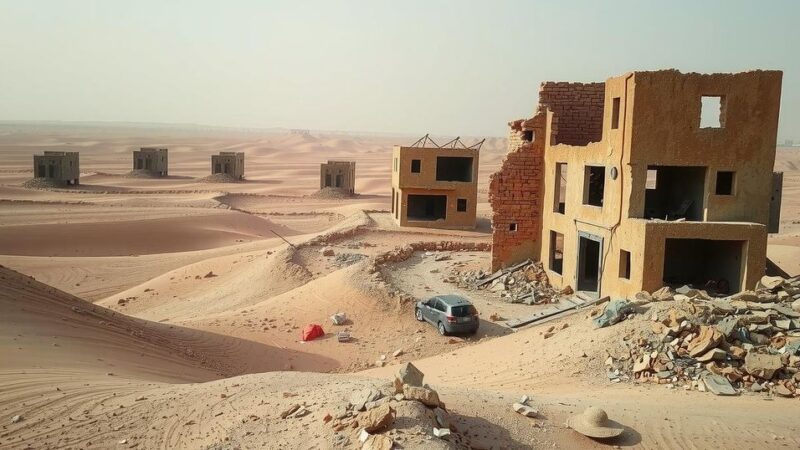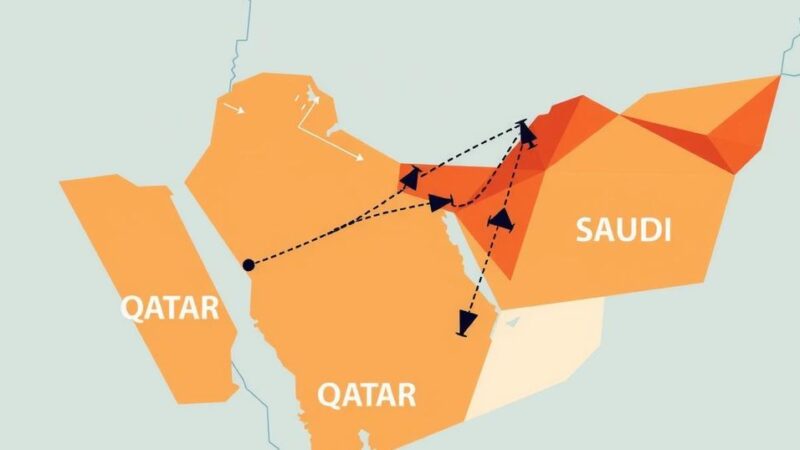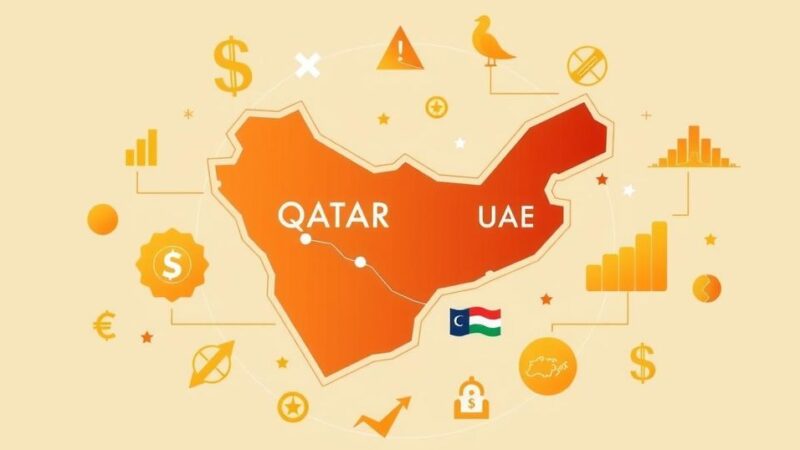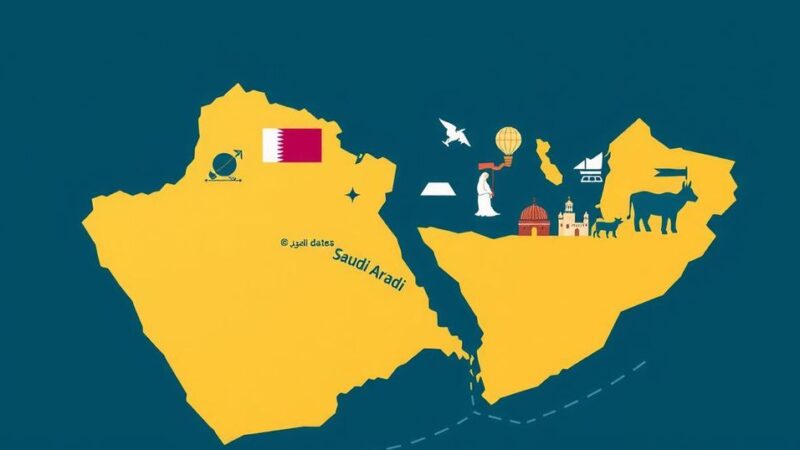General Tsadkan Gebretensae has warned of a potential war between Eritrea and Ethiopia, suggesting that Tigray could be the battleground. He noted preparations for conflict are underway, accusing Eritrea of hostility and exploiting regional tensions. Former Ethiopian President Mulatu Teshome shares concerns over Eritrea’s actions undermining peace. In contrast, Eritrea refutes allegations of interference, placing blame on Ethiopia’s internal crises.
General Tsadkan Gebretensae, Vice President and Democratization Cabinet Secretariat of the Tigray Interim Administration, has issued a grave warning regarding the likelihood of conflict between Eritrea and Ethiopia. He stated that preparations for hostilities are in the “final stages” and indicated that the Tigray region may become the forefront of this conflict. The General described such a war as “inevitable,” accusing Eritrea of displaying hostility towards Ethiopia.
In a commentary for The Africa Report, General Tsadkan cautioned that the conflict could have broader implications, affecting neighboring regions including Sudan and the Red Sea. While expressing a desire for Tigray to remain out of the escalating tensions, he acknowledged that the prospect for peace appears to be dwindling, suggesting that war may soon become the only path forward.
Tsadkan noted that the alliance between Ethiopia and Eritrea has deteriorated since the signing of the Pretoria agreement, which had previously halted hostilities in Tigray. He elaborated that once preparatory measures reach their climax, it would become increasingly difficult to rein them in. Additionally, he accused Eritrea of engaging in predatory actions that exploit countries in the region, particularly Ethiopia and Sudan.
He asserted that Eritrea perceives Tigray as the primary obstacle to its ambitions and criticized the Eritrean leadership for feeling thwarted by the Pretoria agreement. Tsadkan further alleged that fragmented elements within the Tigrayan People’s Liberation Front (TPLF) are seeking alliances with Eritrea as a means of self-protection, warning of their indifference towards the Tigrayan populace’s suffering.
Former Ethiopian President Mulatu Teshome has echoed similar sentiments, accusing Eritrean President Isaias Afwerki of attempting to exploit divisions within the TPLF to undermine the stability of the Pretoria Peace Agreement. In a recent opinion piece, Teshome warned that Eritrea’s maneuvers could reignite conflict in northern Ethiopia and disrupt peace efforts.
In response to these accusations, Eritrean Information Minister Yemane G. Meskel dismissed the claims as an “audacious claim” aimed at justifying a pro-war stance. Eritrea’s government contended that Ethiopia’s internal issues should not be projected onto external parties, alleging that regional problems stem from Ethiopia rather than Eritrea. Furthermore, they refuted assertions of military involvement in Ethiopia, maintaining that the Pretoria Agreement remains a domestic affair for Ethiopia.
The warning by General Tsadkan underscores a rising concern over the potential for renewed conflict between Eritrea and Ethiopia. He emphasized the diminishing options for peace, indicating that war might soon be perceived as the only alternative. The allegations and counterclaims regarding Eritrea’s role in Ethiopian affairs highlight the complex political dynamics in the region, requiring careful attention from international observers to prevent escalation and foster stability.
Original Source: www.garoweonline.com






